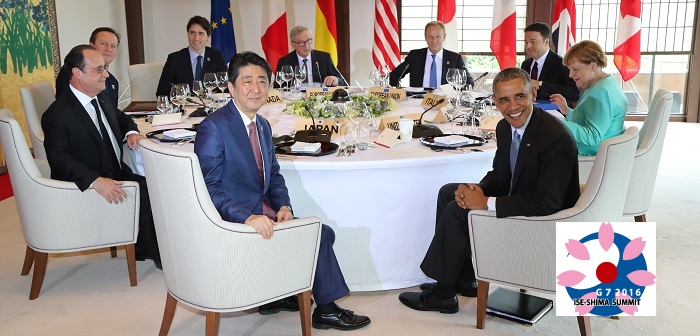A renewed commitment to work “collectively” to combat global antimicrobial resistance (AMR) was made by the G7 leaders at the conclusion of their latest summit in Japan.
Headline pledges were made on the following four key points:
- Strengthen the multi-sectoral “One Health Approach” and cooperation among countries.
- Accelerate political commitment and support to other countries as they develop and implement their own national action plans on AMR.
- Preserve the effectiveness of antimicrobials as a global public good.
- Improve access to AMR countermeasures.
In terms of strengthening collaboration between countries, the G7 statement pledged to “support other countries in developing surveillance capacity for AMR and antibiotic use in humans, animals, foods and the environment and align and/or develop national surveillance systems on AMR in line with the WHO Global Antimicrobial Resistance Surveillance System (GLASS)”.
In relation to seeking to preserve the effectiveness of antimicrobials, the statement declared a commitment to address issues of “inappropriate” antimicrobial use with renewed efforts to be made to “phase out the use of antibiotics for growth promotion in animal husbandry in the absence of risk analysis”.
It also highlighted the need to encourage international discussions on incentivising the pharmaceutical industry to maintain the production of essential antibiotics and to avoid the unavailability or market withdrawal of existing antibiotics.
On the issue of improving access to AMR countermeasures, the G7 pledge included promoting research and development partnerships, while also measuring the effectiveness of vaccines, diagnostics, alternative therapeutics and other medical countermeasures.
Headline image shows the G7 leaders about to embark on session one (and lunch)


